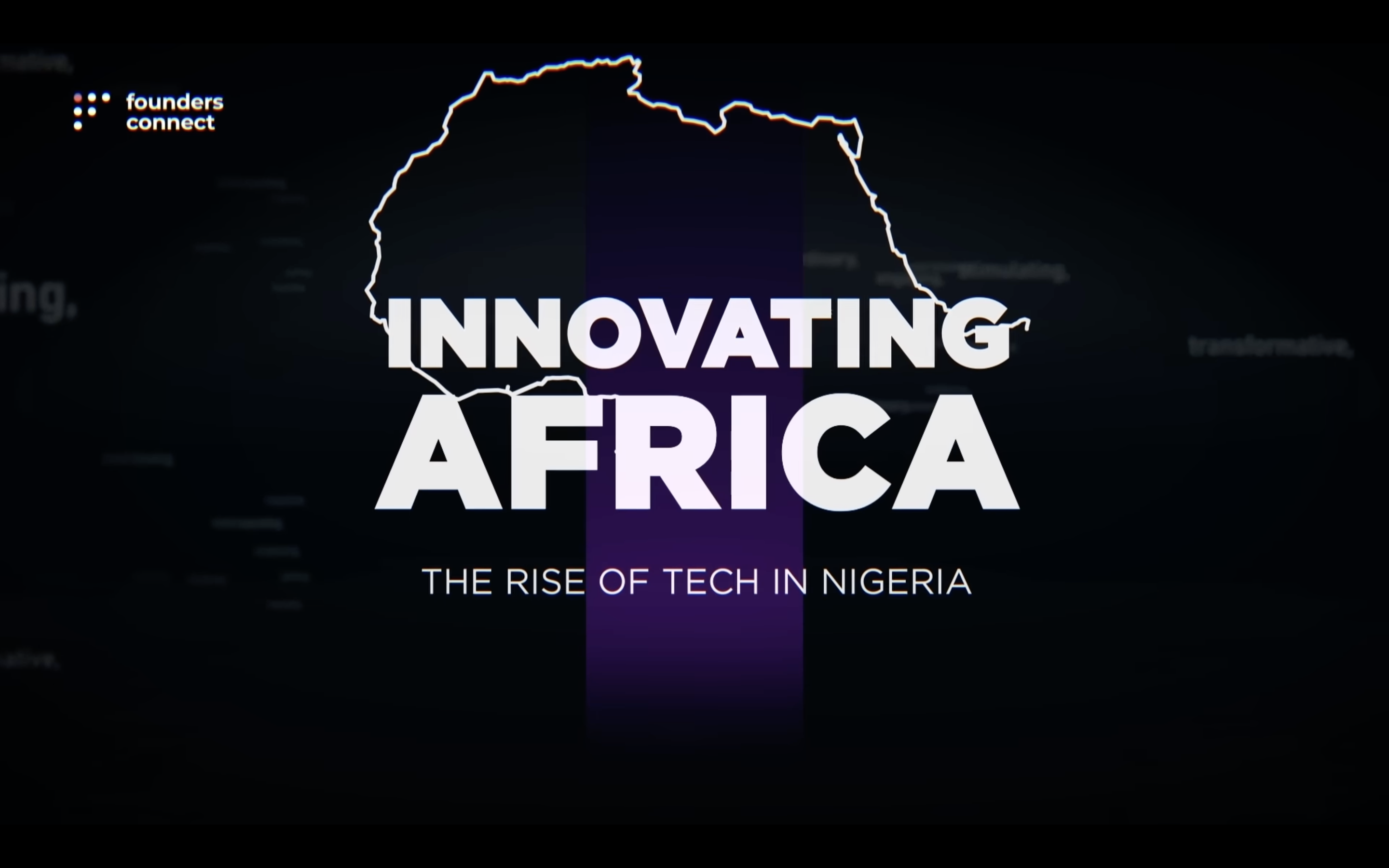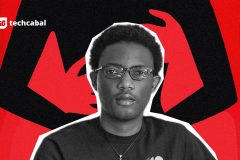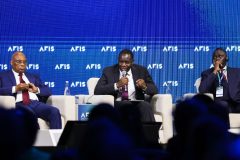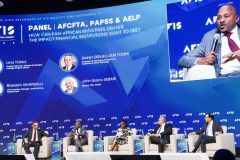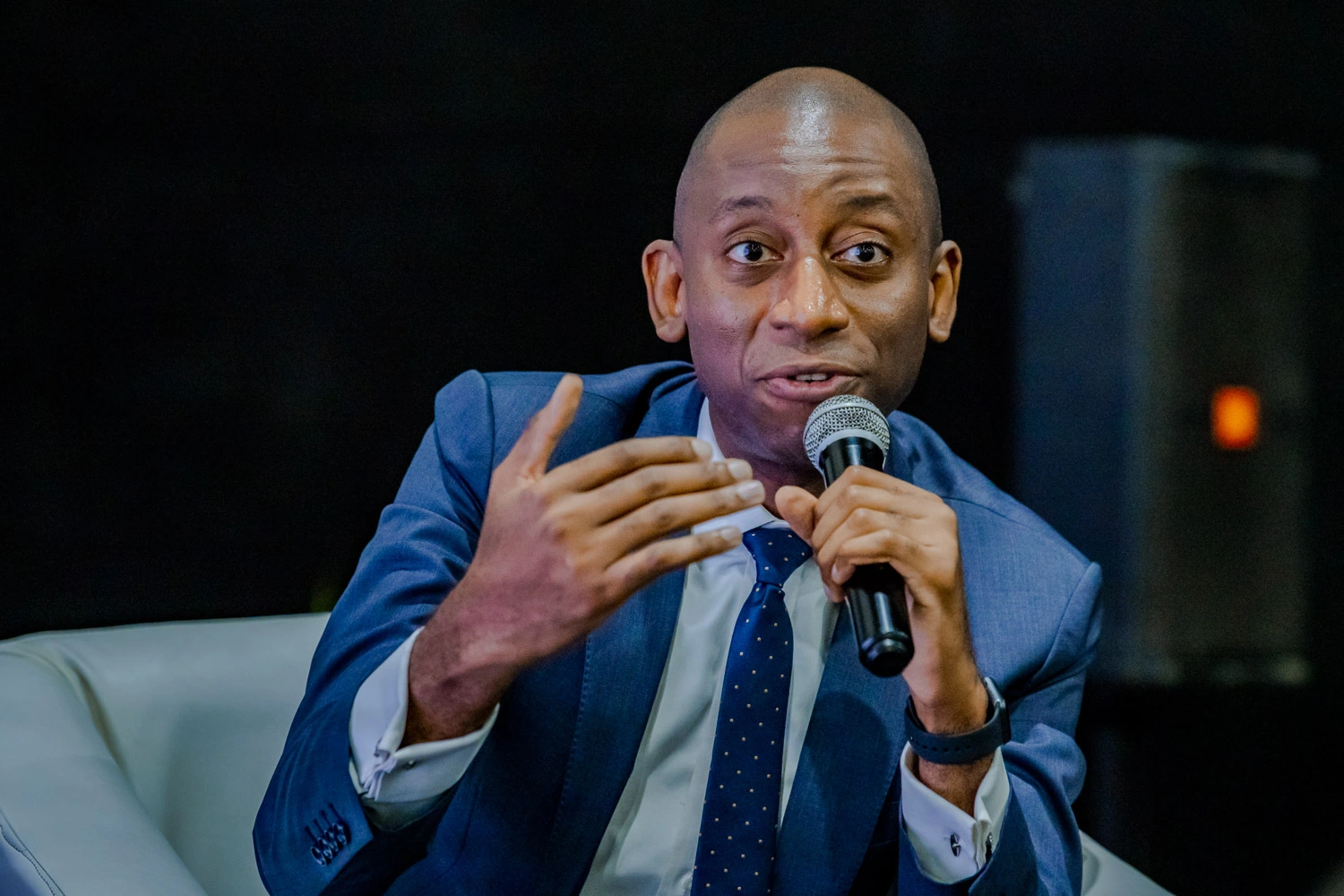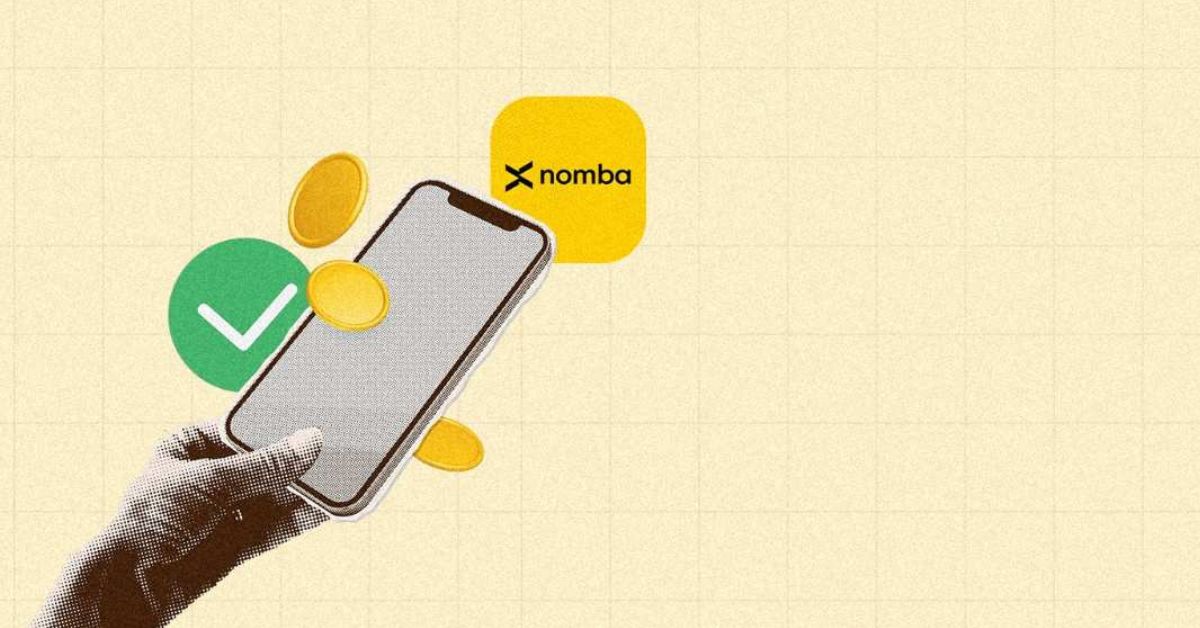On Wednesday, Peace Itimi, host of Founders Connect, a YouTube show that details the journeys of founders and operators in Nigeria’s tech ecosystem, unveiled a documentary centred around the evolution of the ecosystem over the last 15 years. Titled Innovating Africa: The Rise of Tech in Nigeria, the documentary covers the state of the tech industry 15 years ago, why the biggest tech companies in the country were founded, and the most pivotal moments and policies that have defined tech in Nigeria. The 90-minute-long film features key players such as OO Nwoye, Kola Aina, Odun Eweniyi, Adia Sowho, Tomi Davies, Jason Njoku, and Iyin Aboyeji.
TechCabal had a chat with Peace Itimi to understand the thinking behind the documentary.

TechCabal: How did you go from Founders Connect to a documentary?
Peace Itimi: It was just a no-brainer. The idea came from doing Founders Connect. I think I just began to feel like I needed to do a deeper dive into what the tech ecosystem in Nigeria is. At the time, I was also thinking of how much growth it has witnessed in the last five years. So, for context, I think I had the idea in 2021, but started working on it in early 2022. I wanted to do a deep dive and get insight into what the ecosystem was 15 years ago.
I don’t think there would have been this project if I hadn’t started Founders Connect. It was in the midst of speaking to many founders and hearing them share similar stories that I saw there is a bigger story that could potentially connect all of the single stories I’ve done.
What impact do you want this documentary to have? Secondly, when people hear Peace Itimi, what do you want to come to people’s minds?
PI: First of all, when people finish watching the documentary, I want them to leave them feeling nostalgic and inspired.
I also want them to leave very curious. This is just one of the many angles. I don’t think that I have exhaustively covered all of the stories. I think this is the first coverage of the kind around what the evolution of the Nigerian tech ecosystem looks like. A lot of people know that Mark Zuckerberg and Jack Dorsey visited Nigeria, but not a lot of people—including myself—understand the impact of those events. But in the documentary, we hear key players talk about how these visits shone a bright light on the country.
I want people to know that I’m very committed to telling our stories. There’s no ulterior motive aside from the fact that who I am now is also a reflection of the people I have met in communities that I have been to.
Was there a selection criteria for those who featured in the documentary?
PI: I reached out to a lot more people than those who featured in the documentary. When I had the idea, I was speaking to a bunch of different people. Some ended up becoming an integral part of the project; some of them didn’t have the time to be featured.
Two people were very critical in helping me do research: Daniel Iyanda and Adedeji Olowe. So when we had an exhaustive list of key moments, events, and people, I probably had 60 different names and we started reaching out. We were particular about OGs, mid-OGs, and very early people.

So how long did it take to shoot the documentary?
PI: I started thinking about it in late 2021, but it wasn’t until early 2022 that we started working on it. And then we shot in July in Lagos, and London in August. So it took us about two months to do the actual production.
I couldn’t shoot more because we had about 24 hours’ worth of footage and it was overwhelming to figure out how to even edit it. Editing took almost the entire 2023. I’ve been working on this project for at least the last 18 months to two years.
Was this project self-funded?
PI: Yes, it was, 100%.

How important do you think storytelling is to the growth of this ecosystem?
PI: It is everything. The things that we know about Silicon Valley and every other ecosystem are because of the stories that are being told, the films that are being shot about it, or the websites that actively write about what’s happening in the ecosystem. The media builds the ecosystem.
There have been different attempts to tell the story of the evolution of the Nigerian tech ecosystem, what makes this documentary different from the rest?
PI: One, it isn’t written. It is a video. Two, it is not a one-person account; we featured 25 people in the documentary cast. It is the first one that has this amount of people who are sharing their thoughts. It covers every bit of the story—past, present, and future.
What next should we expect from you?
PI: I am going to be telling more stories, and bringing the community closer together. That’s my goal. And that’s the mission of Founders Connect—to tell as many stories as we can. We are now doing events to bring people together. I’m realising the audience is not numbers on Twitter or on my YouTube channel.
I want to do more deep dives into specific companies. I think there’s another version of this documentary that could potentially be commissioned.









